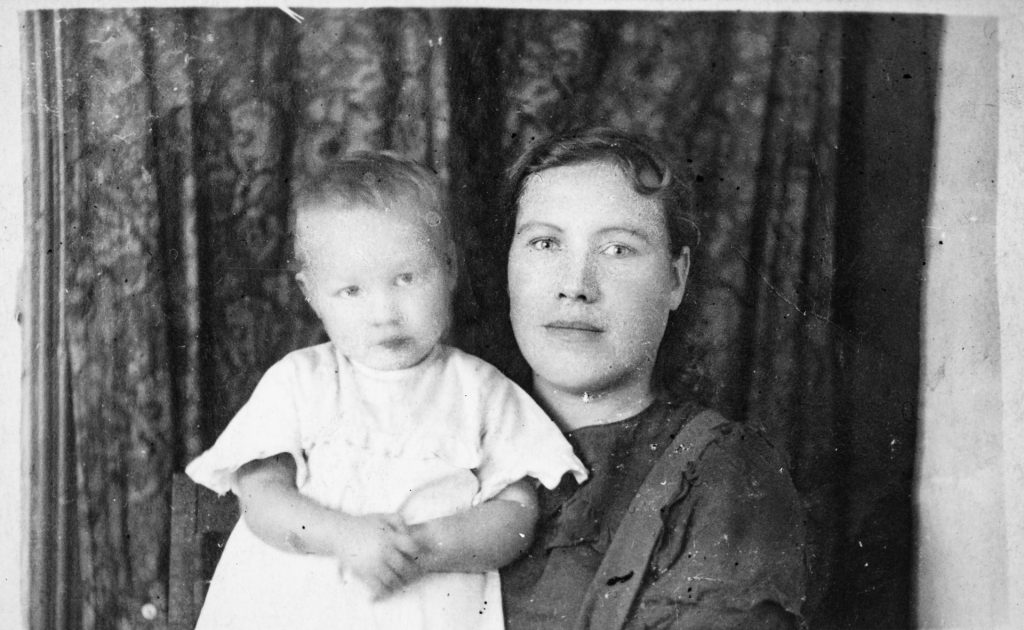Self-Knowledge • Trauma & Childhood
How to Get Your Parents Out of Your Head
One of the most difficult things about being human is how easily influenced we are by our childhoods — and more particularly, our parents.
The human mind between the ages of one and ten is dauntingly receptive, infinitely attuned to its environment. A somewhat cold forbidding father or an erratic mother really may be all that are required to breed an elevated degree of anxiety or self-hatred that colours the next eight decades

And yet this kind of parental imprinting is very hard to spot — and therefore overcome. Most of us would be highly surprised to think that a parent or two might be living inside our heads. The way we think seems to us to be the result of our own will. We seldom come across any voices or attitudes that feel actively foreign or externally sourced.
Nevertheless, given how long we were exposed to them and at what formative stages, our parents may have left more of a mark on us than we normally recognise — and may be constantly commenting on our lives from inside like a chorus of unhelpful marionettes.
When we fail, a voice inside us may say, ‘You should never get above your station.’ When a relationship breaks down, an inner voice might whisper, ‘Never expect anything from others.’ When a nasty rumour spreads about us, we hear: ‘You were always too impulsive.’
It can help to ask ourselves a number of questions about our parents’ views — as experience has taught us to conceive of them.
We might, without thinking too hard (and thereby allowing our defences to choke our spontaneous insights), finish the following sentences:
My father gave me a feeling that I am a…
My mother left me with a sense that I am a…
My father would now think that I am…
My mother would now think that I am…
What our inner parents have to say is often not especially enlightened or in line with what we want for ourselves. And yet we can observe how deeply such ideas sink into us nevertheless.
We can continue the exercise:
If I really needed him, my father…
If I really needed her, my mother…
To disagree with my mother would mean…
To disagree with my father would mean…
If I made a mistake, my father would…
If I made a mistake, my mother would…
Our parents’ views rarely stick out in our minds; they merge with our own; they lose their identifying labels, they become sides of everyday consciousness, indistinguishable from what we more broadly want and believe.
Yet we should try to reverse the process of absorption, and to recover some distance between ourselves and impulses and attitudes that may bear no relation to our healthier aspirations.
It’s bad enough to suffer; it’s even worse to do so at the hands of what we might as well term, with no supernatural associations, a coven of unfriendly ghosts.



























